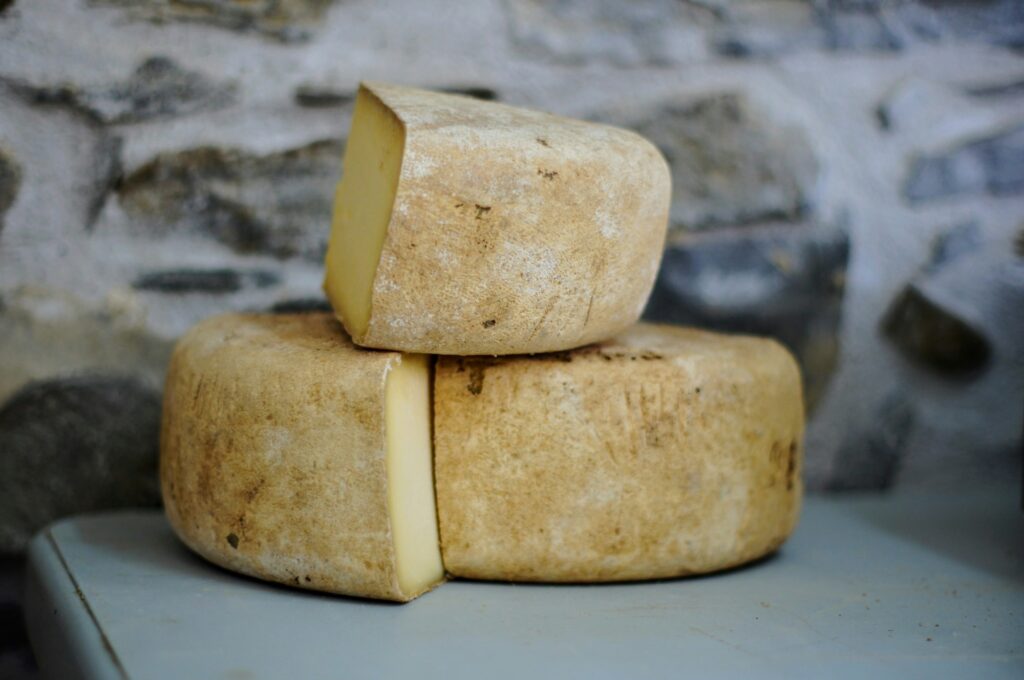Cheese Council responds as U.K. halts trade talks with Canada


The International Cheese Council of Canada (ICCC) has voiced disappointment following the U.K. decision to halt trade negotiation talks with Canada. The move comes less than a month before the next round of discussions for a permanent trade deal was due. It also comes after Canada’s decision to let two key temporary measures expire post-Brexit, according to the Canadian Press.
A special quota for U.K. cheese imports, which had offered the same low-tariff access as the European Union, expired last month. Additionally, Canada chose not to extend country-of-origin rules, set to expire at the end of March, a move likely to increase the prices of U.K. goods like luxury cars.
In a statement Friday (Jan. 26), Joe Dal Ferro, chair of ICCC, said, “Small and medium-sized Canadian importers and distributors have spent decades building and investing in trade relationships with British cheese suppliers. The expiry of the Cheese Letters and this pause put our significant efforts in jeopardy. We feel abandoned by both governments.”
The ICCC says the situation has forced Canadian importers to turn to the World Trade Organization’s Cheese Tariff Rate Quota (TRQ) Non-EU Reserve for British cheeses, a quota with a cap of about six million kilograms and a usage rate over 95 per cent. The ICCC says it fears this will cripple cheese importers and small cheese shops across Canada.
“We were looking forward to a free trade agreement that would benefit small and medium-sized enterprises on both sides of the Atlantic and foster bilateral trade. We call on both governments to come back to the table and secure an outcome that would benefit businesses and consumers across Canada and the U.K,” Dal Ferro added.
Canada’s Trade Minister Mary Ng’s office says the pause is due to the British “unwillingness” to reciprocate, particularly regarding a dispute over Canadian meat, according to the Canadian Press.
“Their decision to continue to maintain market access barriers for our agriculture industry and unwillingness to reach a mutual agreement has only stalled negotiations. The U.K. is a long-standing trading partner, and I am confident that we can negotiate an agreement that is a win-win for Canada and for the U.K.,” said Shanti Cosentino, a spokeswoman for Ng.
Meanwhile, Canada’s cattle sector has been lobbying against a deal with the U.K. over a hormone-treated beef and pork dispute. The U.K. has resisted importing meats treated with certain hormones, commonly used by Canadian ranchers, citing health concerns not grounded in science, according to the ranchers, reported by the Canadian Press.
In a statement, the U.K. government says: “We reserve the right to pause negotiations with any country if progress is not being made. We remain open to restarting talks with Canada in the future to build a stronger trading relationship that benefits businesses and consumers on both sides of the Atlantic.”
Source: grocerybusiness.ca

